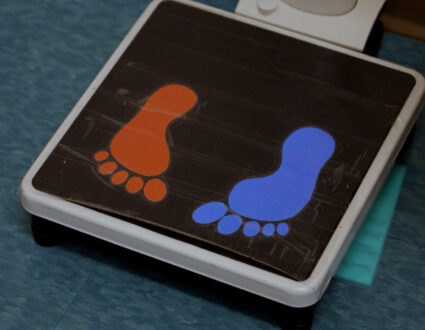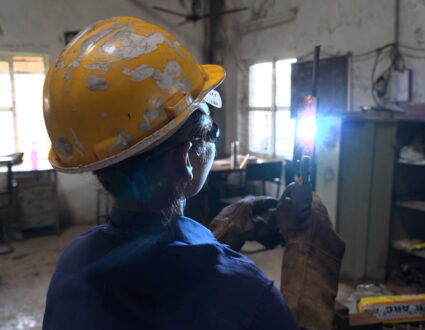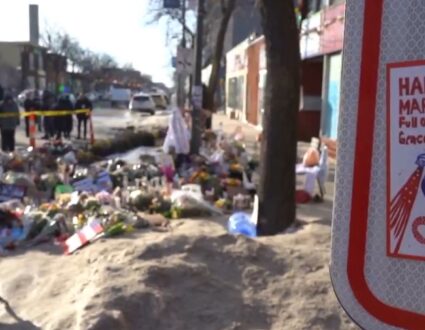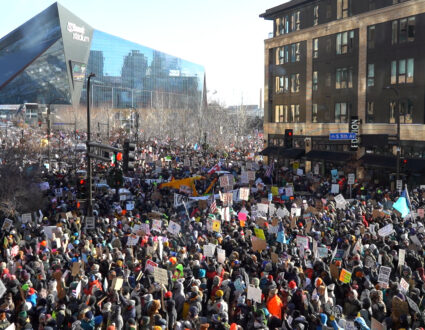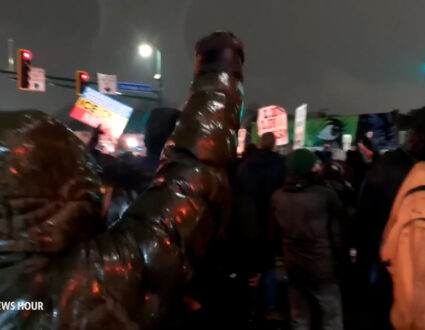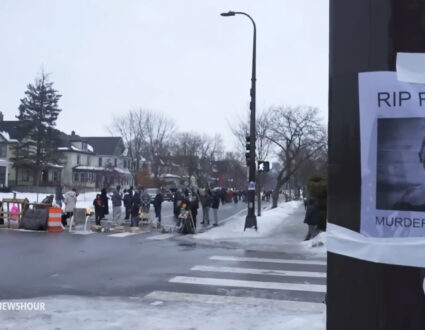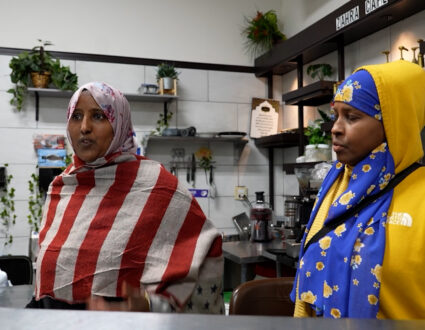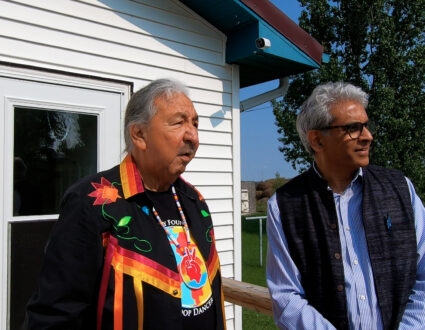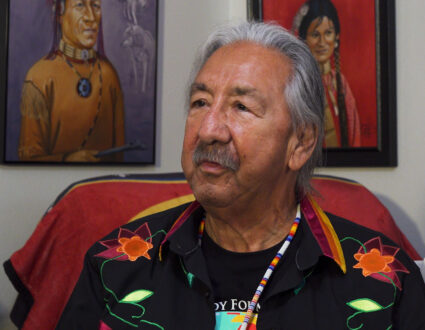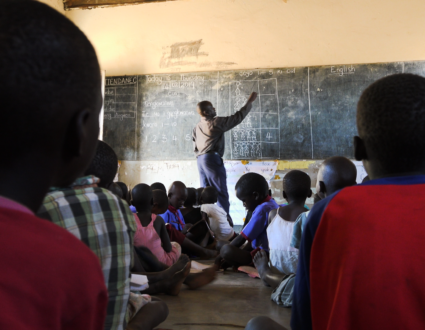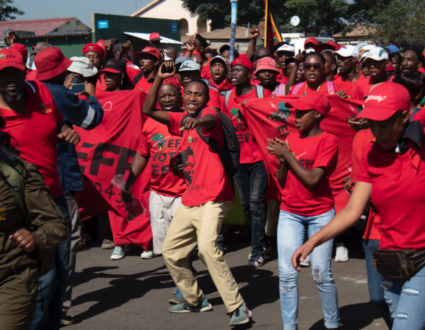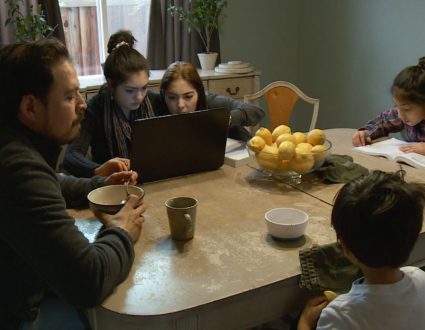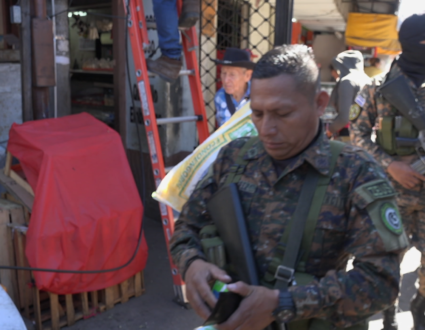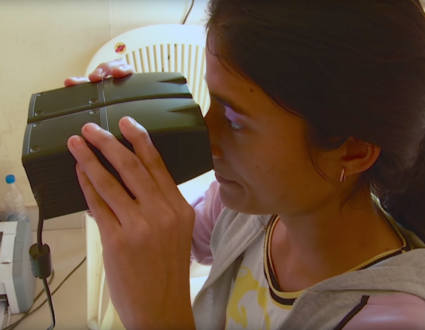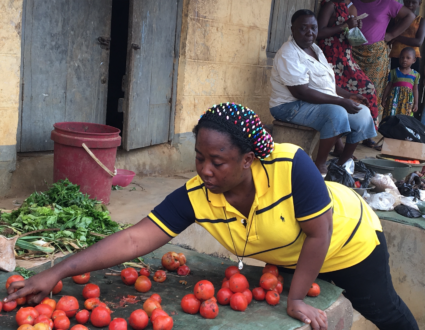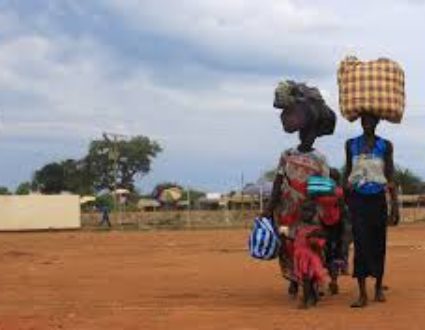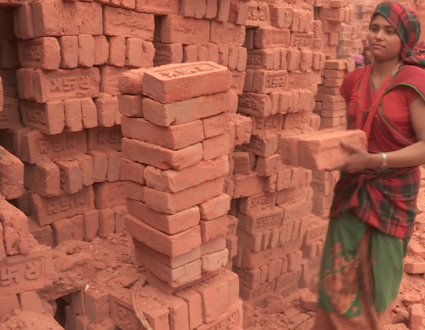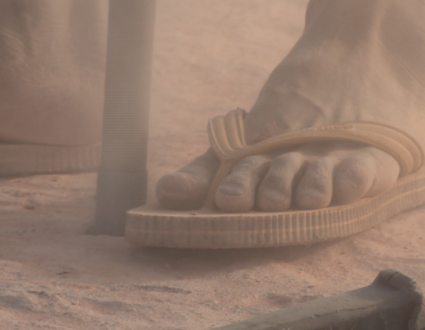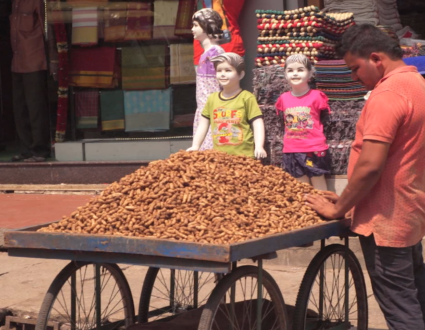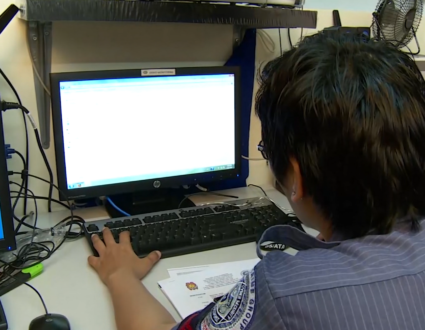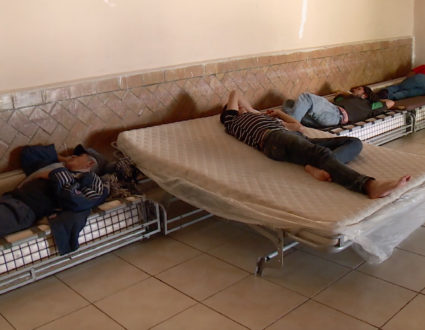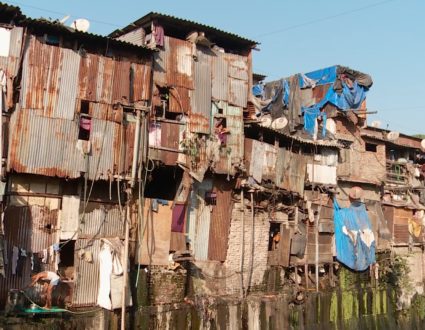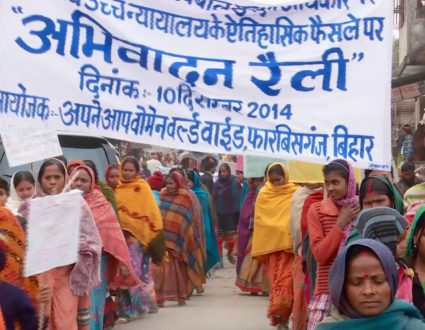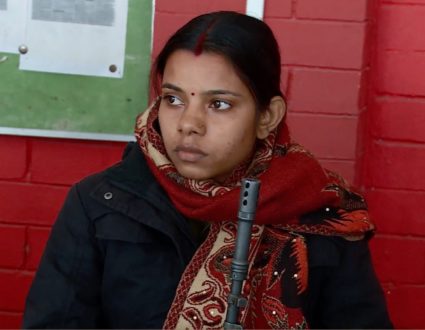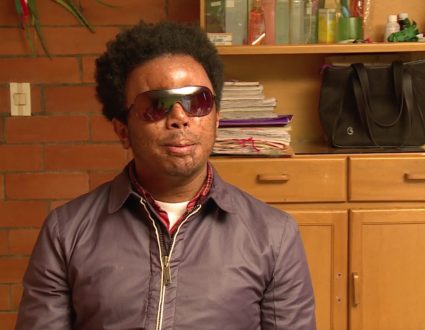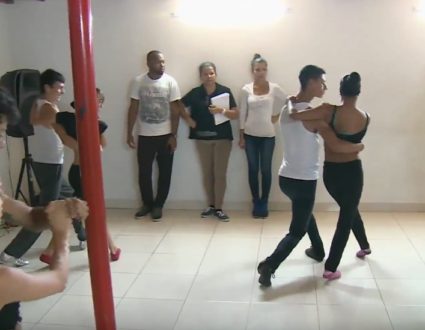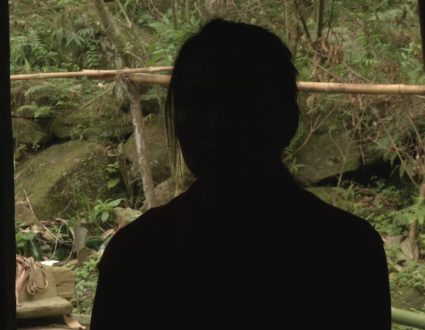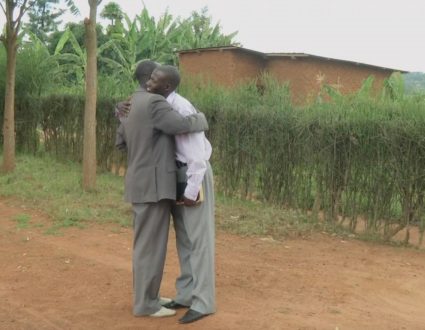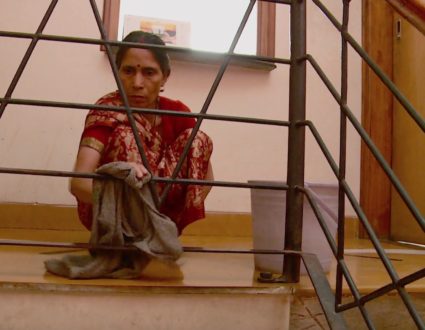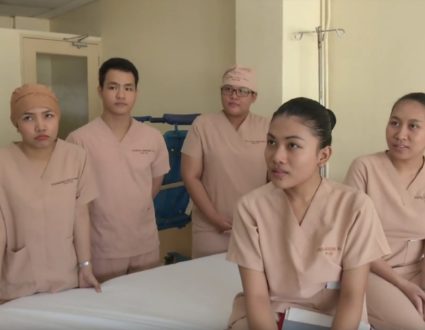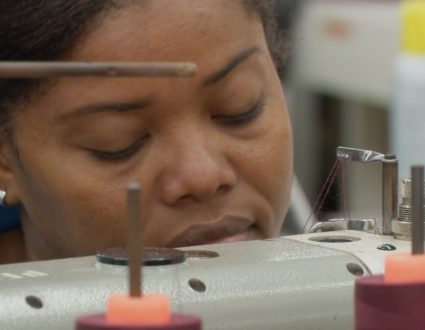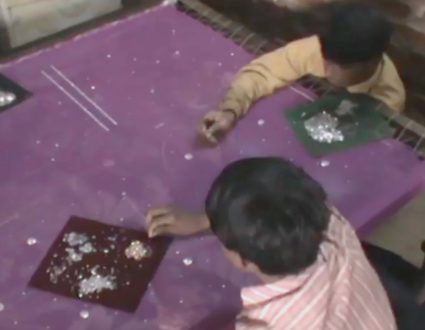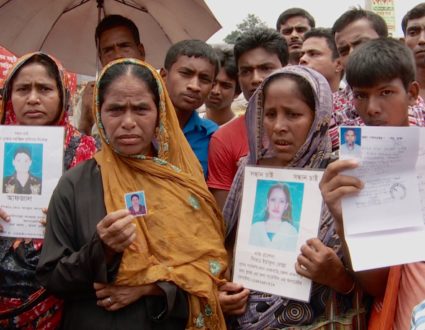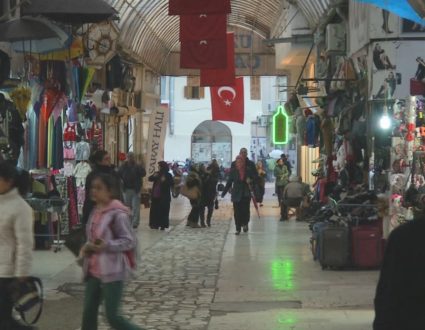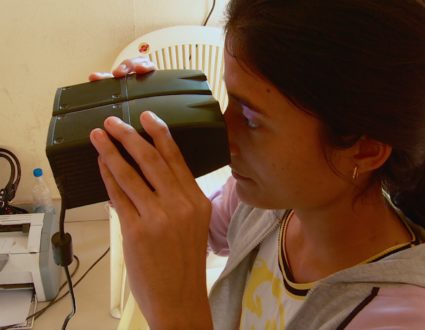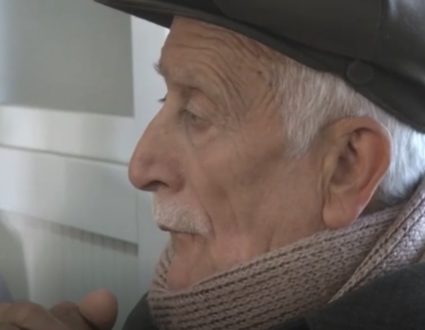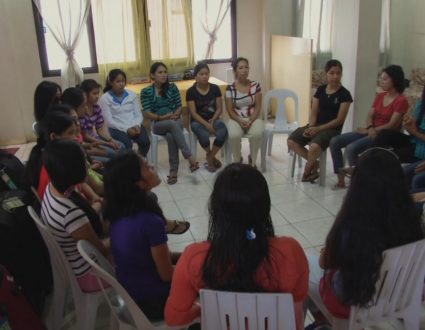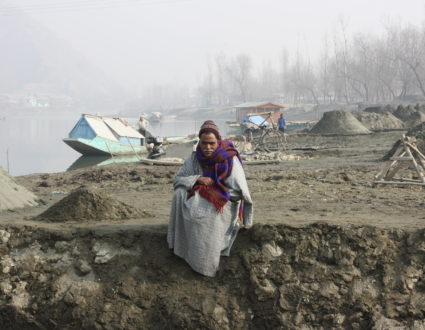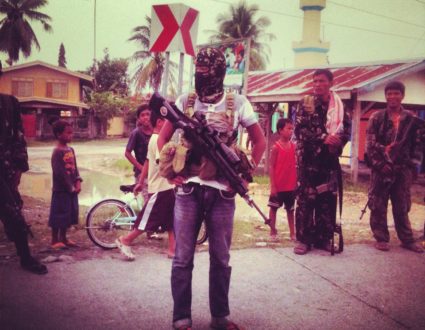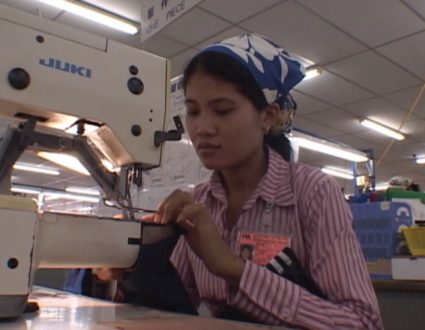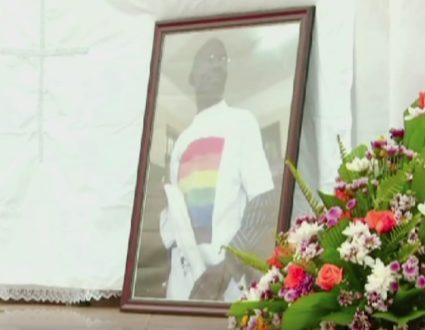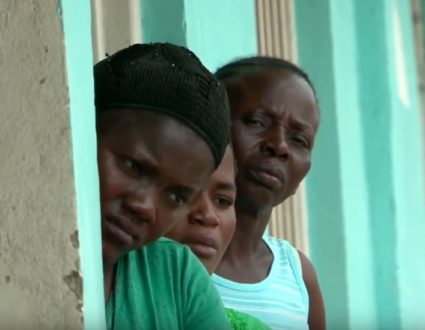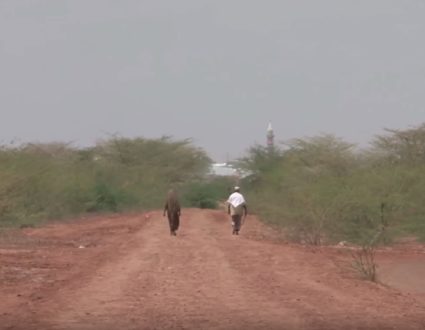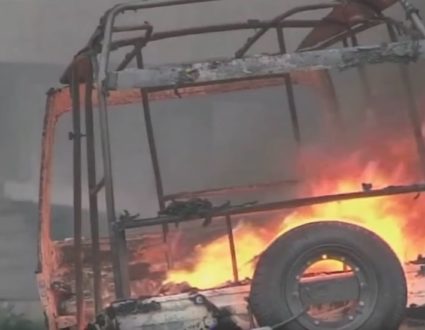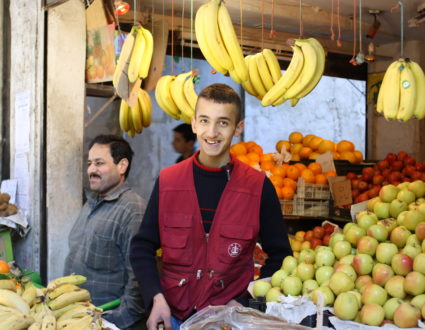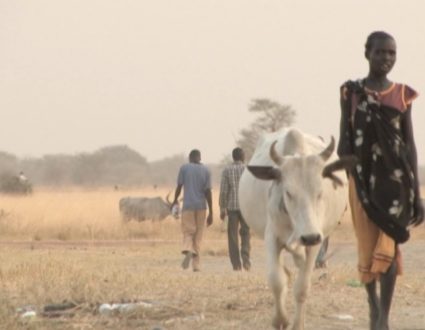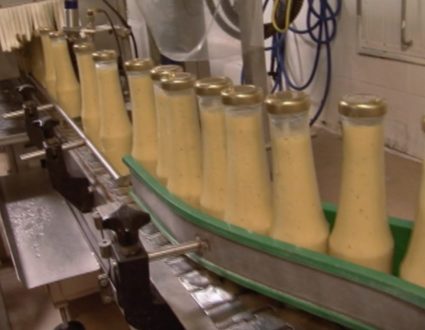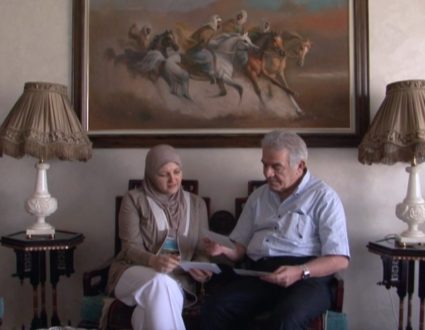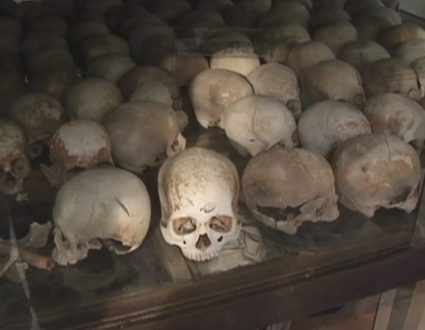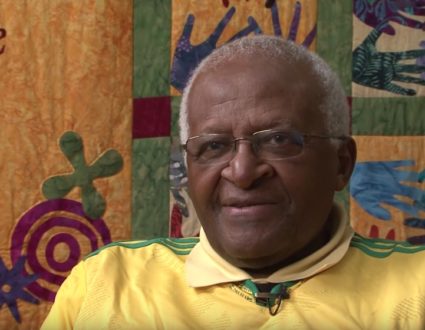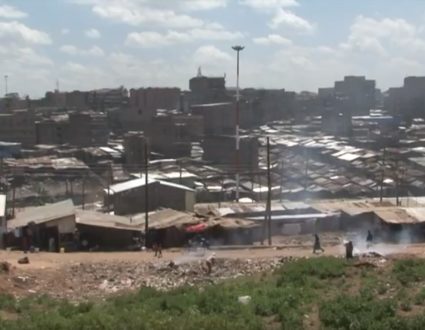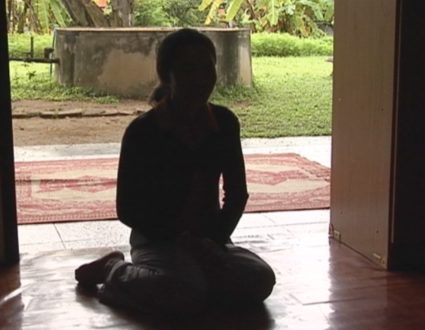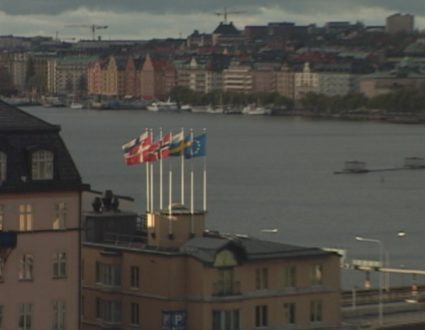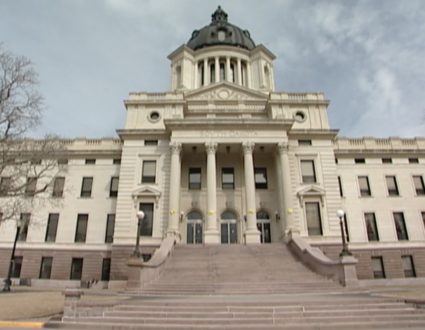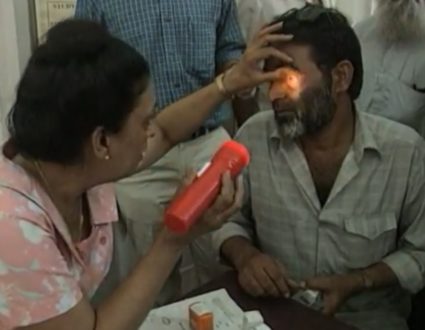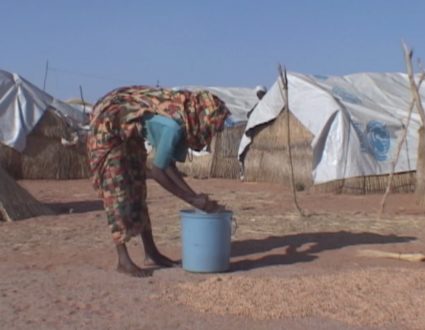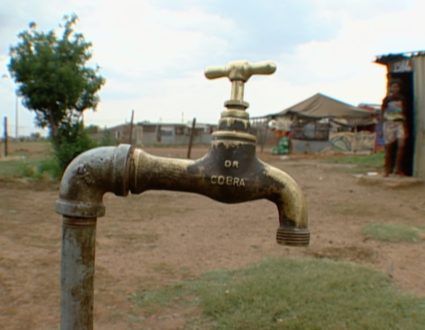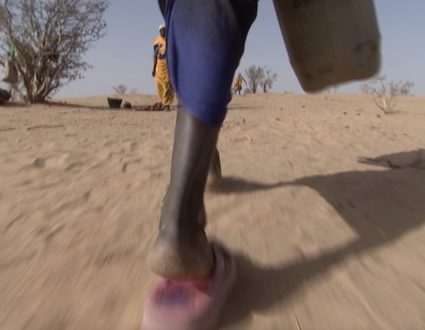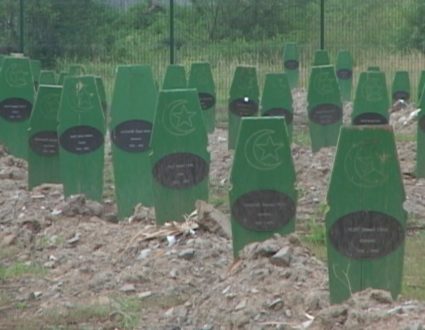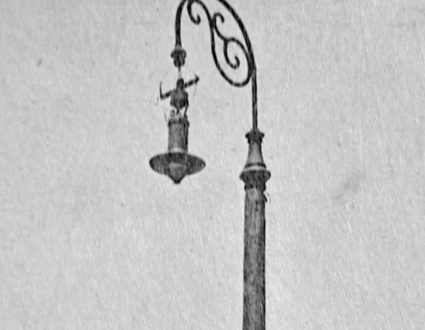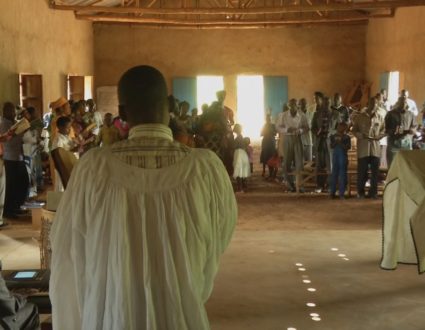- Amna Nawaz:The Trump administration announced today that, starting on September 2, Haitians cannot remain in the U.S. under a special temporary protection status they have been granted. About half-a-million Haitians in the U.S. could now face deportation.The U.S. government says Haiti, which has been racked by gang violence, is now safe enough for residents to return home. That’s despite State Department warnings that advise Americans not to travel to Haiti.It’s part of a broader change by the administration to revoke legal protections for citizens of several unstable countries, including Venezuela.Many Venezuelan migrants ended up in Chicago, where special correspondent Fred de Sam Lazaro about a community on edge. It’s part of our series Race Matters.
- Fred de Sam Lazaro:Here in Chicago, two successful entrepreneurs have carved out a piece of their American dream. They were proud to invite us into their thriving business with two dozen employees. As immigration raids intensified in Chicago, though, they asked us to hide their identities.
- Ana Gil Garcia, Illinois Venezuelan Alliance:We have a community that is very afraid.
- Fred de Sam Lazaro:Ana Gil Garcia runs the Illinois Venezuelan alliance, an organization that since 2017 has provided a variety of services to the growing community in this state.
- Ana Gil Garcia:We were receiving phone calls that they needed food because we don’t want to go out. And then one of the things that really is the saddest part for me is, this is the last week in the school system. The children have their recitals. The children have their graduation. And parents, they don’t want to take the children.
- Fred de Sam Lazaro:They’re afraid that they won’t return home.
- Ana Gil Garcia:Yes, they are very afraid.
- Fred de Sam Lazaro:Are these people legal? I mean, they actually have a right to be here based on TPS?
- Ana Gil Garcia:Yes, they have — yes, they have the right to be here, 11,000 people that were given TPS.
- Fred de Sam Lazaro:TPS, or temporary protected status for up to 18 months, is given to individuals from designated countries beset by armed conflict or natural disasters. It shields them from deportation and enables them to obtain work permits.There are currently more than a million TPS holders in the U.S. from more than a dozen countries. The Biden administration granted some 230,000 Venezuelans TPS status in 2021 and expanded protections in 2023 as Venezuelan President Nicolas Maduro cracked down on opposition as inflation spiked and as food prices soared.Donald Trump, President of the United States: They emptied their jails into our country.
- Fred de Sam Lazaro:The Trump administration moved quickly to end those protections, the president singling out Venezuelans in particular.
- Donald Trump:They sent their gangs, probably the worst gang anywhere in the world, as bad as MS-13, maybe worse, and they came out of the jails of Venezuela.
- Ana Gil Garcia:Unfortunately, this is a community that has been criminalized.
- Fred de Sam Lazaro:Ana Gil Garcia says the vast majority of Venezuelan newcomers are not criminal.
- Ana Gil Garcia:The general thinking that we have is that all those executive orders about immigrants is about us. It’s not about the older immigrant. It’s about — more about the Venezuelan.
- Fred de Sam Lazaro:And Chicago, a so-called sanctuary city, has also been drawn into the national conversation around immigration.It’s quiet now, but it’s to this spot called the Landing Zone that tens of thousands of migrants began arriving in Chicago beginning in 2022 bused here by Texas Governor Greg Abbott. Some two-thirds of the new arrivals were from Venezuela.
- Ana Gil Garcia:August 2022, I got a phone call from the mayor’s office telling me, are you aware that there are four buses coming from Texas, and three of those are Venezuelans? And I said, no clue.
- Fred de Sam Lazaro:Gil Garcia’s group and other Chicago nonprofits sprang into action.
- Ana Gil Garcia:We have done many different things, from clothing drive, furniture drive, TPS clinics, asylum clinics, and we were the primary providers of the interpreters and interpreters. And, still, we’re working with them.
- Fred de Sam Lazaro:Working with TPS holders like Tino (ph), an I.T. specialist, and Malen (ph), a teacher who fled Venezuela and asked us to hide their identity for fear of deportation.
- Tino, Venezuelan Migrant (through interpreter):He tells me: “Sir, you would better leave, because they’re going to take you to jail.”
- Fred de Sam Lazaro:This is what a member of the Venezuelan National Guard told Tino when he protested the scarcity of gasoline under the Maduro regime.
- Tino (through interpreter):The person who protests, the one who raises his voice, becomes a target.
- Fred de Sam Lazaro:So he fled, made Chicago his new home, and was granted TPS.
- Tino:For immigrants, you feel the same as other persons in Chicago, because the law in Chicago, you are the same whatever person with paper or not. You are the same. You have the same right, and then you feel safe.
- Man:There’s ICE on your block.
- Fred de Sam Lazaro:But as federal immigration raids across the city increased in recent weeks, sparking massive protests, the level of fear has also gone up for this couple, who’ve been together 10 years.
- Malen, Venezuelan Migrant (through interpreter):It is worrying, because we left one unstable situation for another.
- Fred de Sam Lazaro:What is your biggest concern today?
- Malen (through interpreter):My level of concern is enormous, because we came to this country with a purpose. We didn’t expect this. We were running away from the impunity of Venezuela, and the purpose was to work, to achieve our goals.
- Chuck Hernandez, Chair, Chicago Republican Party:We support the legal immigrant.
- Fred de Sam Lazaro:Chuck Hernandez is chair of the Chicago Republican Party.
- Chuck Hernandez:There’s not really an appetite to support those who come here, whether it be illegally or under a temporary program that was put in by Biden.
- Fred de Sam Lazaro:He says the Trump administration has a right to enact its immigration policies. He says the arrivals from Venezuela have strained Chicago’s resources.
- Chuck Hernandez:We’re having right now in Chicago a real crunch financially. And then the amounts of Chicago taxpayer money going towards many of these groups, it’s money that could be used towards citizens that should not be going towards these people that are here on a temporary type of basis.
- Fred de Sam Lazaro:How do you respond to people who say T is for temporary?
- Ana Gil Garcia:The issue here is now that they’re dealing with things. They’re dealing with human beings. And when a human being is afraid to go back, and that really is what the situation is here, that people has been told that Venezuela is getting better.Venezuela is not getting better. Venezuela is getting worse.
- Chuck Hernandez:I sympathize with them, but this was the fault of the Biden administration by giving people false hope that you can come here.
- Fred de Sam Lazaro:For their part, Venezuelans, we spoke with said they feel a sense of deja vu. In
- Tino (through interpreter):In my country, there is no legal process. The United States was the first country to guarantee those freedoms. And now, living through this situation, it feels the same as what happened in Venezuela, because they are not respecting the due process of the people.
- Fred de Sam Lazaro:In the meantime, many will continue to stay in the shadows, afraid of what lurks outside their front door.For the “PBS News Hour,” I’m Fred de Sam Lazaro in Chicago.
Legal, but for how long?
TPS at Risk for Venezuelan Migrants
The hallmark of President Trump’s domestic policy has been a tightening of immigration policy, and now even those with legal status are in the crosshairs. I recently visited Chicago where I met a community of Venezuelans who live in the U.S. legally – for now.
Last month, the Supreme Court allowed the administration to revoke Temporary Protected Status – a legal protection for hundreds of thousands of Venezuelan migrants in the U.S. The fight over their right to live in America is underway in the courts leaving them to grapple with the real-life impact of these policies. In this report, we meet TPS holders at a precarious moment.

